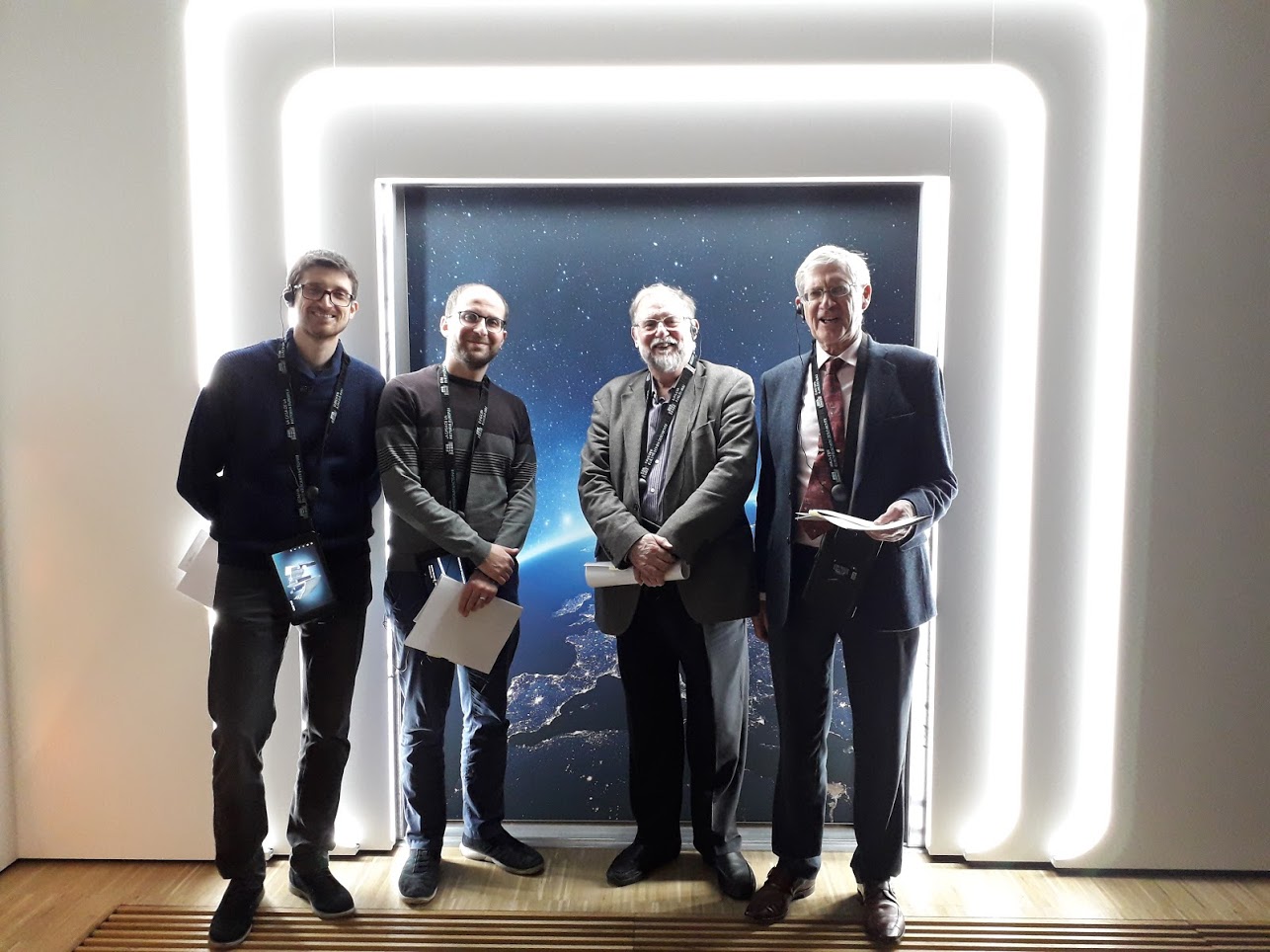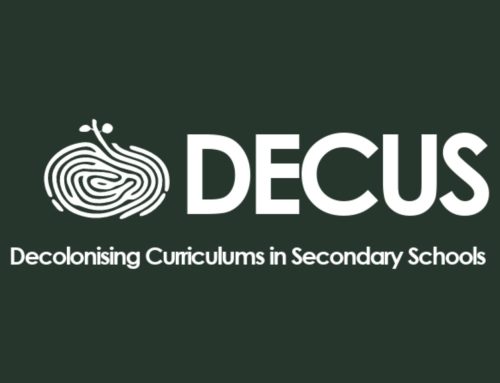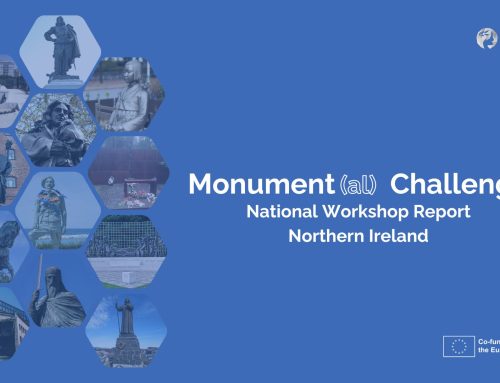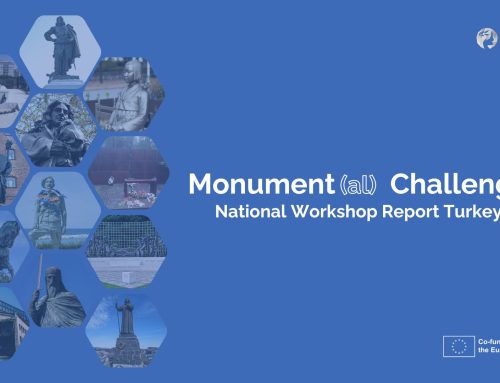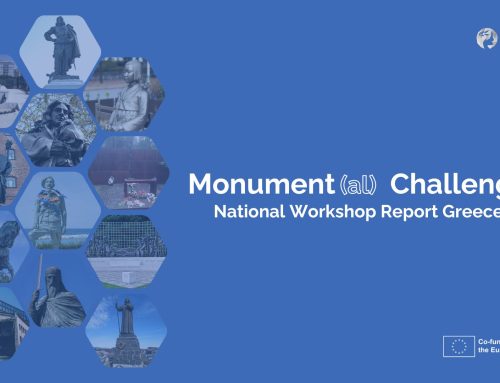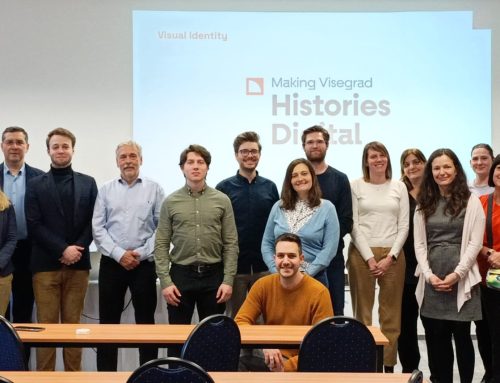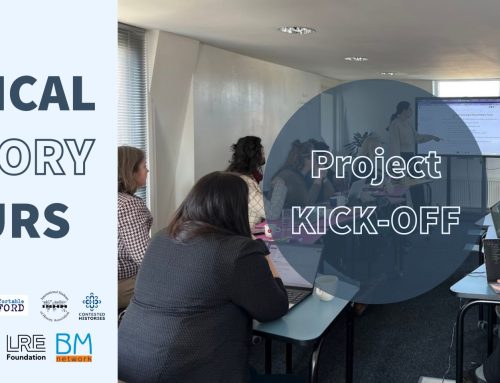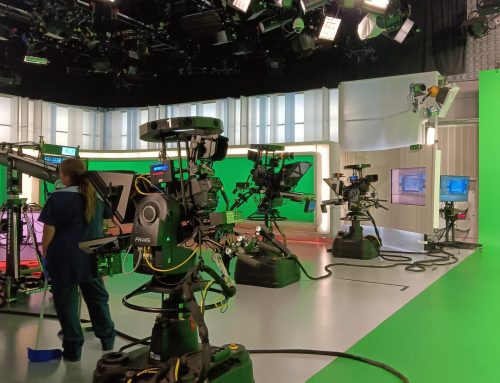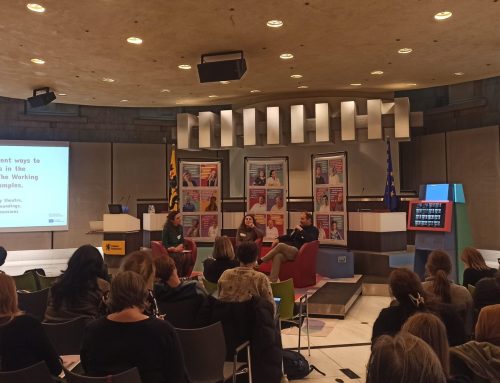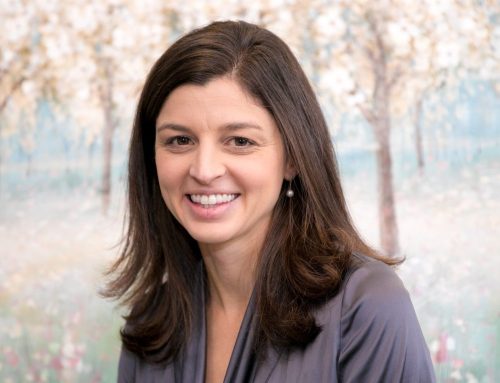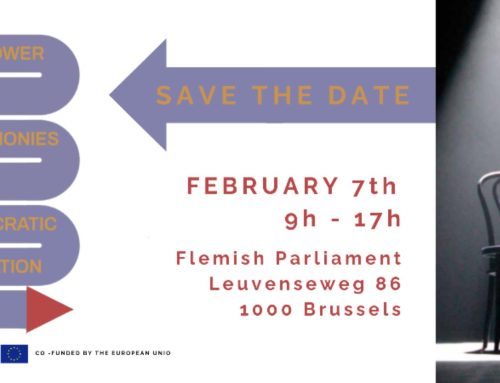On 23-25 November 2018 EuroClio and the Historiana Historical Content Team came together in Brussels to define the first steps in the implementation of the 4th phase of the Digital Services Infrastructure (DSI4) project, led by Europeana Foundation. The meeting was hosted by the House of European History, which was also involved in the meeting in the person of Laurence Bragard.
During these three intense days of meeting, EuroClio and the Historiana Historical Content Team set the priorities and the next steps of their collaboration, in particular defining the future work on the implementation of the DSI4 project.
After a presentation of updates and news by Steven Stegers, Acting Executive Director of EuroClio, on Saturday morning, the afternoon was dedicated to the brainstorm and gathering of ideas for the source collections that will be developed within the project. In the framework of the DSI4 project, 24 new source collections on 6 different themes will be collected – re-using content from the Europeana Collections – and made available on Historiana. Participants were divided into two groups, focusing on the three themes already defined: one group on European Renaissances and Napoleon and his times and the other on the Industrial Revolutions. The brainstorm session was very productive and resulted in a good collaborative team work, combining the different expertise and backgrounds of all participants. On Sunday morning the two groups presented the work of the previous day and shared the ideas collected so far with all participants, for feedback and confrontation.
The meeting resulted in the definition of around 20 ideas on source collections to be further selected and developed within the coming months. Ideas for three additional themes, taking into account feedback by the EuroClio community, were also put forward and will be further explored by the Historical Content Team.
Following the meeting in Brussels, Bob Stradling, Editor in Chief of Historiana, spent two days at the EuroClio office in The Hague introducing the project and supporting trainees in collecting valuable sources. Trainees, supervised by the Historical Content Team, will work on the source collections, engaging in the search on Europeana collections as well as on research on the topics selected, in order to provide sources with valuable and relevant content.

